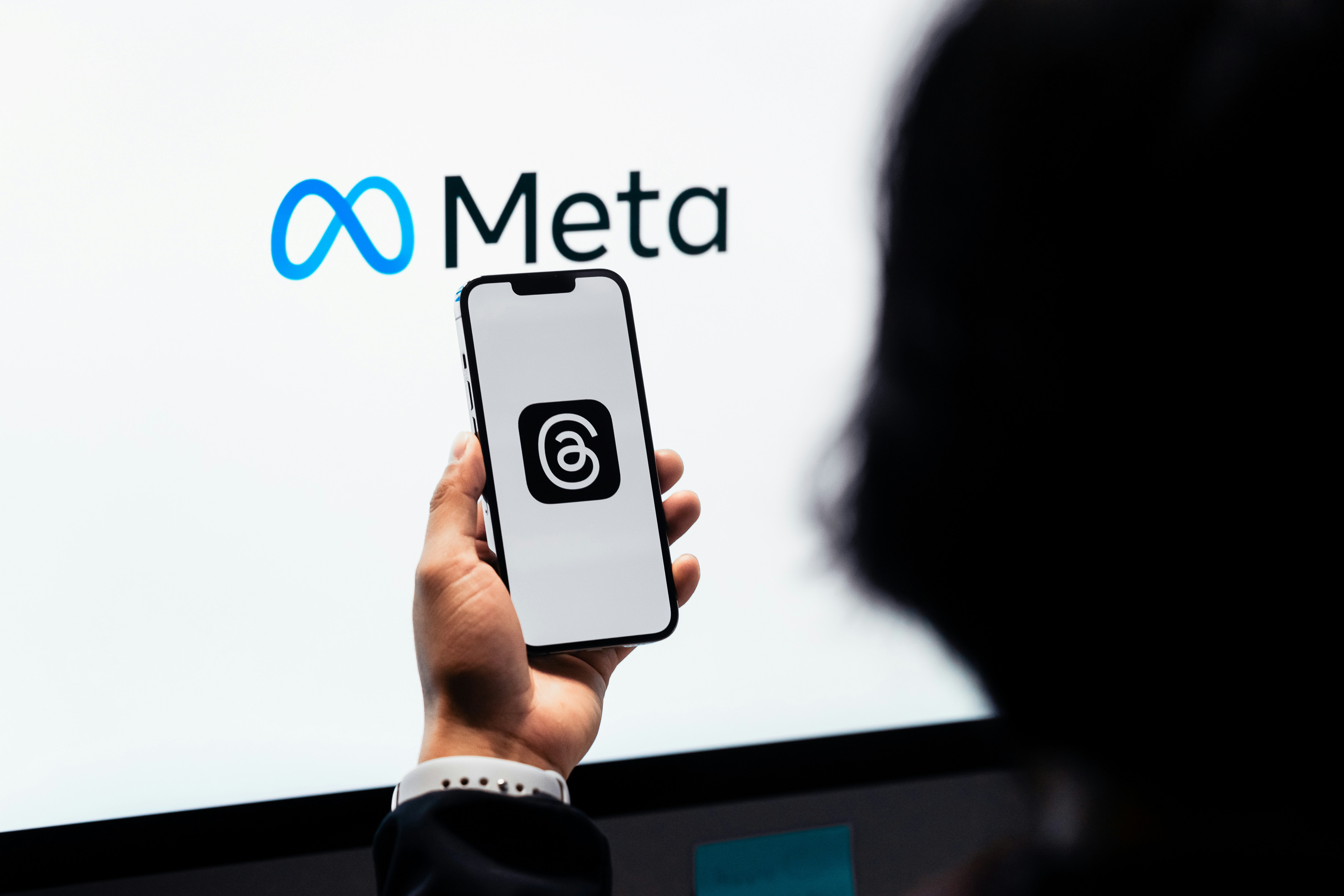While most Big Tech social platforms remain tightly walled gardens, Meta has quietly opened a new gate. Threads, Meta’s microblogging app built to rival X (formerly Twitter), is now integrating with the “fediverse”—a decentralized social web powered by protocols like ActivityPub.
At first glance, the move sounds like a technical add-on. But it’s not. This signals a broader strategic recalibration for Meta, one that blends regulatory foresight with a nod to user ownership culture. And unlike past experiments with open standards, this one comes with calculated timing—and defensive logic.
This integration isn’t a wholesale embrace of decentralization, but a selective dip into it. By threading limited fediverse features into Threads, Meta offers interoperability without surrendering monetization control, data centrality, or algorithmic opacity. It’s an astute balancing act—appearing open while protecting core economics. The move also lets Meta test community appetite for open-system features before rolling them out elsewhere. For a platform that still earns billions through tightly engineered engagement loops, that’s a low-risk way to hedge against regulatory or reputational blowback.
Threads’ initial rollout drew a surge of early adopters thanks to seamless onboarding from Instagram. But growth has stalled. Meanwhile, user expectations around data control, algorithm transparency, and platform portability have sharpened. In this context, fediverse integration gives Meta a response mechanism—one that positions it as “playing fair” in a world increasingly skeptical of centralized dominance.
The ActivityPub protocol enables Threads posts to be followed, replied to, and shared by users on other platforms like Mastodon. Crucially, this means Meta’s walled garden now has a partial gate: content published on Threads can leave the platform ecosystem without violating Meta’s terms. For regulators in the EU and beyond, this opt-in interoperability helps blunt antitrust scrutiny. For users, it performs openness without requiring a full redesign of their digital habits.
Let’s be clear: Meta isn’t decentralizing out of ideology. Threads still requires a Meta account. And while the company frames fediverse support as a pro-user move, the decision serves multiple defensive ends.
First, it limits regulatory risk under laws like the EU’s Digital Markets Act, which push for data portability and platform openness. By opening Threads to the fediverse, Meta can claim compliance while keeping core user behavior—and monetization logic—within its control.
Second, it blunts one of the fediverse’s strongest criticisms of Meta: that it can’t play nicely in a decentralized ecosystem. With Threads partially interoperable, Meta’s presence becomes harder to reject outright in the open social web. That’s a soft power move.
Third, it allows Meta to monitor and potentially absorb innovation emerging from decentralized platforms. If Mastodon or Bluesky users create new engagement rituals or moderation norms, Threads can watch—and selectively copy.
This shift also reflects diverging social platform trajectories between the US and EU. In the US, network effects still rule. Users stay where their friends are—and Meta knows this. Interoperability is unlikely to cause meaningful churn.
In contrast, European regulators have forced tech companies to think ahead. By pre-emptively adopting open protocols in a limited fashion, Meta positions itself as a cooperative actor in Brussels without compromising its core business model. Meanwhile, in regions like the Middle East and Southeast Asia, where Threads remains restricted or under-adopted, this move has negligible immediate effect. But it may set the groundwork for cross-platform compatibility to matter more as smaller players emerge in those markets.
By choosing Threads—not Facebook or Instagram—for fediverse integration, Meta isolates risk. Threads remains a lightly monetized, low-stakes app. It serves as both testbed and signal.
That’s the larger point. Meta isn’t committing to full decentralization—it’s experimenting with just enough openness to shape the narrative and avoid exclusion from future digital public infrastructure. Think of this as playing both sides: centralization where monetization counts, decentralization where regulation threatens. If this works, Meta won’t just be “part of the fediverse.” It’ll define the terms under which mainstream users enter it.
This isn’t a trend-chasing move—it’s scaffolding. Meta is building regulatory goodwill, testing user appetite for decentralized features, and positioning itself to co-opt innovation rather than compete against it. The fediverse, once seen as fringe or philosophical, is being pulled into the commercial fold. Meta is shaping that fold with careful constraint.
Expect other major platforms to either adopt partial interoperability or double down on exclusivity. The next competitive advantage may not be in features—but in which platforms can navigate openness without losing control. And for strategy leads watching platform power evolve: this isn't Meta giving up control. It's Meta widening its moat.














